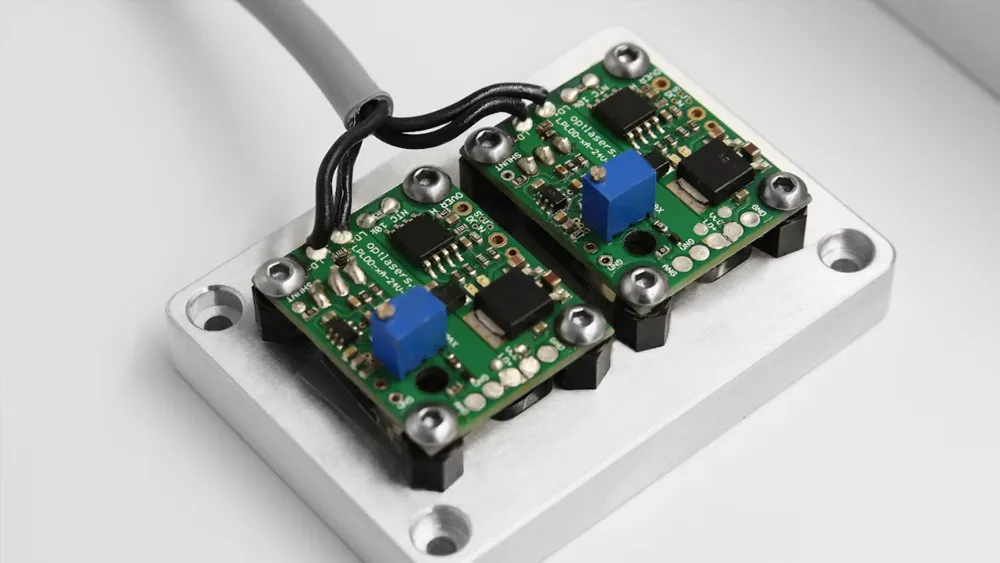
TEMU Japan Compliance Guide
The stringent requirements for product quality, safety standards, and complianCE certifications in the Japanese market still present an “invisible barrier” that sellers face. Especially in 2025, the Japanese government’s regULations for categories such as electronics, food, and cosmetics will continue to tighten, combined with TEMU’s strengthened product compliance review. Sellers who fail to plan ahead may face product removals, fines, or even a brand trust crisis.
Mandatory Certification Types
pse certification (Electrical Products)
Applicable Products: All electrical products entering the Japanese market are divided into two categories:
- Diamond PSE (165 high-risk products, such as power adapters, hair dryers, etc.), requiring testing by a Japan-authorized organization and factory inspection.
- Round PSE (333 low-risk products, such as sockets, lamps, etc.), supporting self-testing or third-party laboratory testing.
telec certification (Wireless Communication Devices)
Applicable Products: Products with wireless functions (e.g., Bluetooth devices, Wi-Fi modules, etc.) must pass Japan's radio equipment compliance tests.
Testing Content: Includes radio frequency, power, electromagnetic compatibility, etc., and requires submission of technical documents and samples.
Food Contact Materials Certification (FCM)
Applicable Products: Containers, tableware, and other items that come into direct contact with food must comply with Japan’s Food Sanitation Law, testing for harmful substance migration.
General Compliance Requirements
RSL Report (Restriction of Hazardous Substances)
All products must provide an RSL test report proving they do not contain harmful chemicals such as lead, cadmium, phthalates, etc.
ROHS certification (Electrical and Electronic Products)
Electronic products must comply with RoHS standards, limiting six hazardous substances (e.g., mercury, hexavalent chromium, etc.).
meti filing (Post-PSE Certification)
After obtaining PSE certification, sellers must submit filing information to Japan’s Ministry of Economy, Trade, and Industry (METI) to ensure the product can be legally circulated.
TEMU Platform Special Regulations
Qualification Certification Restrictions
It is prohibited to merge certifications for products with different models/parameters; only accessory models with color differences can share the same report.
Violating testing agencies will be blacklisted by the platform, affecting subsequent certification validity.
Labeling and Manual Requirements
Electrical products must permanently display the Japanese PSE logo (diamond or round shape), and the label must include the certification agency number.
Food-contact products must provide Japanese-language instructions, specifying material composition and usage restrictions.
Operational Recommendations
Prioritize Certification Cycle
Diamond PSE certification requires at least 3 months, so plan ahead to avoid delays in listing.
Batch Stock Preparation
For products with multiple SKUs, conduct certification in batches by model to REDuce compliance costs.
Choose Compliant Laboratories
Preferably choose third-party agencies recognized by TEMU (e.g., Yajian Testing) for testing.
TEMU Japan’s platform has strict certification requirements for electrical products, wireless devices, and food-contact items. Core certifications include PSE, TELEC, and FCM. Sellers should plan their compliance paths in advance, according to platform rules, to ensure efficient warehousing.
Email:hello@jjrlab.com
Write your message here and send it to us
 Canada ISED Certification RSS-247 Standard Testing
Canada ISED Certification RSS-247 Standard Testing
 What Are the Product Compliance for Amazon Austral
What Are the Product Compliance for Amazon Austral
 Australia IoT Security Compliance
Australia IoT Security Compliance
 V16 Warning Light EU EN 18031 Cybersecurity Certif
V16 Warning Light EU EN 18031 Cybersecurity Certif
 Japan IoT Security JC-STAR Certification
Japan IoT Security JC-STAR Certification
 FCC SDoC Compliance Information Statement
FCC SDoC Compliance Information Statement
 What Does FCC SDoC Certification Mean?
What Does FCC SDoC Certification Mean?
 What is Bisphenol A (BPA) Testing?
What is Bisphenol A (BPA) Testing?
Leave us a message
24-hour online customer service at any time to respond, so that you worry!




